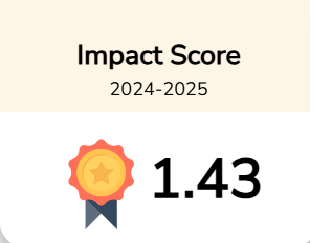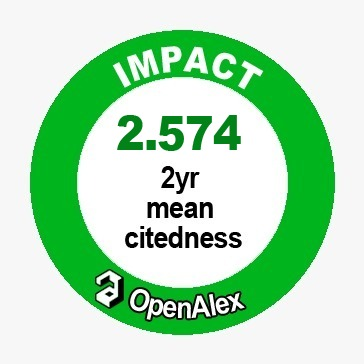Non-digital gamification: Effects of teaching on mathematics achievement and student behavior
Downloads
Purpose: This study examined the effect of non-digital game-based teaching methods on student achievement in mathematics particularly in fractions.
Design/Methodology/Approach: A quasi-experimental design involving 100 students from primary schools in the state of Perak. Two groups (the control group and the experimental group) were formed where the control group went through conventional learning while the experimental group used non-digital gamification learning methods. Data was collected using four instruments: the fraction topic mathematical achievement test, the math textbook (control group), the math textbook and fraction gamification kit (experimental group) and observation.
Findings: Studies show that students who use NDGBL score better in math achievement tests (fractions) than those who study topics using conventional methods. There is a better effect on changing student behavior when using the NDGBL method than the conventional method.
Implications, Conclusion and Contribution of Literature: This study provides empirical evidence about the NDGBL method for learning fractions. Findings also suggest that NDGBL is an innovative method that is still relevant and can be used to increase human capital and learn about fractions and mathematics.





